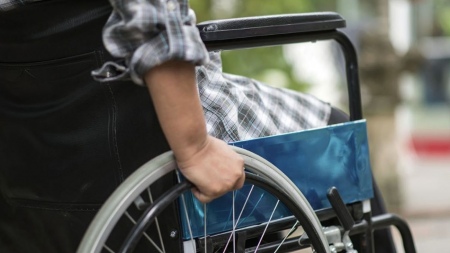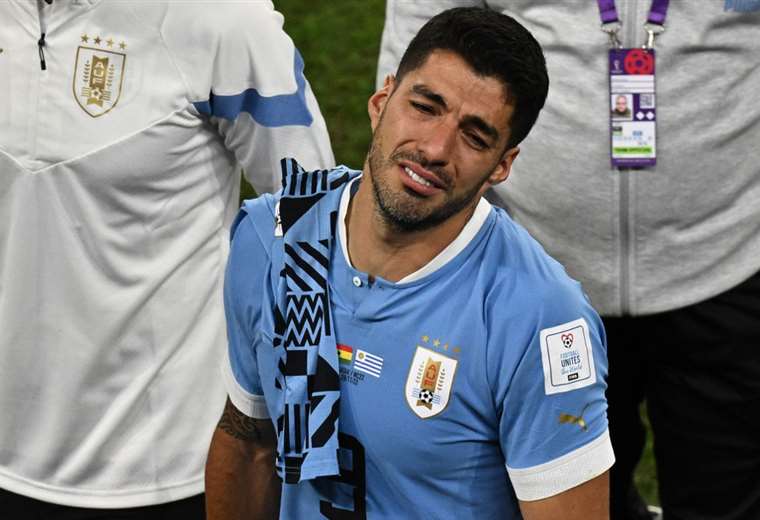How many times does disability appear on TV? How many times in a bar or at a barbecue is there talk about the inclusion of people with disabilities? Have you ever wondered why there are no blind, deaf or mobility impaired people in your office or in your club?
It is that the barriers that society imposes on people with disabilities are still very strong and prevent their full participation.
For this reason, December 3 is a date that invites us to reflect and become aware that disability, so often associated with illness or seen more as incapacity, is just another matter of barriers imposed by everyone.
But are people with disabilities invisible only in our country? No way. The struggle for the exercise of the rights of this group and for their autonomous life has been going on for several decades and has been taking place all over the world.
The main achievement in this fight was the sanction by the United Nations in 2006 of the Convention on the Rights of Persons with Disabilities, the first international human rights treaty of the 21st century. This instrument, already ratified by 187 countries, guides and promotes the work of States -worldwide- to eliminate barriers and move towards more inclusive societies that guarantee equal opportunities.
Equal opportunities means, neither more nor less, that all people with disabilities have the possibility of, for example, studying, working, getting information, participating in politics or playing sports, just like any other person without disabilities.
Currently the labor market excludes people with disabilities; the educational system lacks accessibility and support tools for students with disabilities; accessibility is absent in physical spaces for sports and many other kinds, as well as in digital platforms; and still for many people people with disabilities are sick, unproductive or always dependent people.
This brief enumeration intends to exemplify some of the existing barriers to achieve that desired equality of opportunities and the full exercise of rights for this group.
This year Argentina began to build a significant change, since thousands of people and hundreds of organizations contributed to the development of a new framework law on disability, a debt of democracy with a group that exceeds 5 million people.
This project will be the subject of debate in Congress next year, with the main objective of changing, from the norms, the paradigm from which disability is worked on and addressed in our country.
A New Law will be a fundamental step to achieve the social and cultural transformation necessary to move definitively towards a less unequal society.
On the International Day of Persons with Disabilities, I want to celebrate the advances in public policy on the matter, and the visibility that has been promoted since the beginning of our administration, to which we came to restore and expand rights, transform the State, and cement a future with real and concrete inclusion for all people with disabilities in our country.
By Fernando Galarraga, executive director of the National Agency for Disability.
















